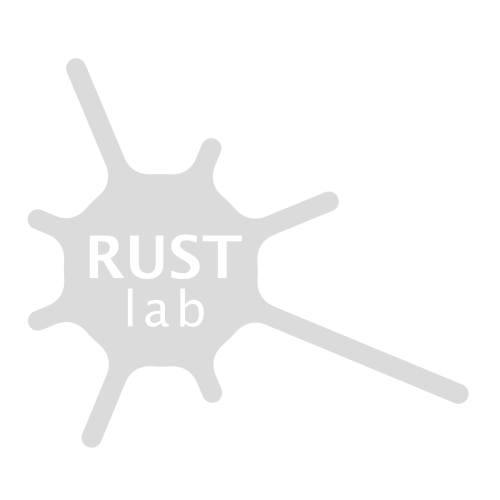Join us this Friday, July 16th, from 9:00-10:00 am UTC+2 (https://tinyurl.com/fekrbze5) to hear Carsten Østerlund present his work „Tracing Hyperlinks: Different forms of presence and knowledge production in an online citizen science community“.
Over the past decades we find significant changes to online community participants’ knowledge practices including how they post, read, evaluate, vote for, and elaborate on information sources of all shapes and stripes. For instance, in many citizen science projects volunteer not only classification data made available by researcher, they may also engage in various discussion boards providing possibilities for peers to confer about method uncertainties, novel data, and the search for new patterns. To better understand such emerging online knowledge production practices, we draw on Sørensen (2009) and her three forms of knowledge (i.e., Representational, Resonance and Fluid knowledge). Our study is set in the context of an online citizen-science project, www.gravityspy.org, in which volunteers label “glitches” (noise events recorded by a scientific instrument) to identify and name novel classes of glitches. By combining virtual and trace ethnography, we analyze the forms of knowledge that emerge as participants hyperlink internal and external sources in the discussion boards. Our preliminary analysis suggest that participants not only engage different forms of knowledge in their use of hyperlinks, they also combine these different forms of knowledge in new ways as they move from exploring anomalies, sharing insights to proposing new types of glitches not known by the astrophysicists who build and support the Gravity Spy project.
CARSTEN ØSTERLUND is a Professor at the iSchool at Syracuse University. His research explores the organization, creation, and use of documents in distributed environments where people’s daily practices are characterized by high mobility. He is particularly interested in the interplay between social and material structures and how they together facilitate distributed work, play and learning. Empirically he studies these issues through in-depth qualitative and quantitative studies of everyday work practices in a range of settings including citizen science, crowdsourcing, healthcare, distributed science teams and game design. He earned a Ph.D. in Management from Massachusetts Institute of Technology and is a former student of UC Berkeley, University of Aarhus, and University of Copenhagen, Denmark. He has been affiliated with the Work Practice and Technology Group at Xerox PARC.
All lectures will be live on ZOOM
HTTPS://TINYURL.COM/Y8WZKX2G
ID: 998 8663 5576
PW: raum4?
You will find additional resources and information on this term’s guiding theme Data: What are they? What do they do? on our website at https://rustlab.ruhr-uni-bochum.de/join-the-rustlab-lectures-this-summer-2021/.
